El Fasher's Long Siege: 500 Days of Economic Devastation and Human Toll
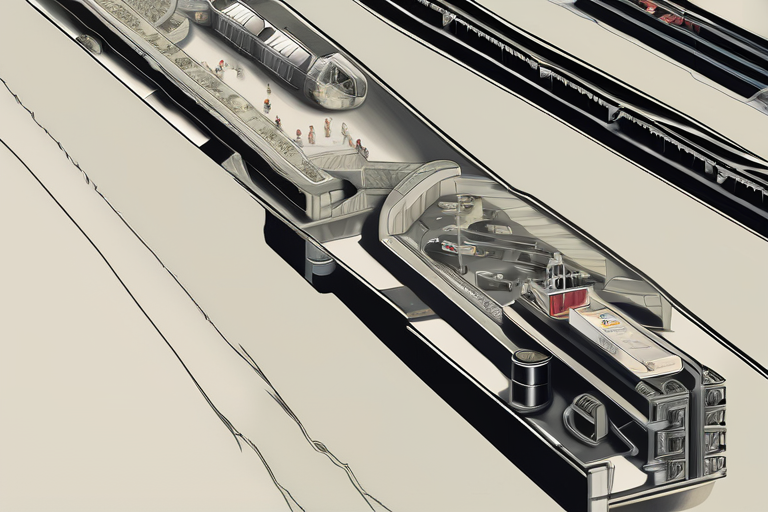

Join 0 others in the conversation
Your voice matters in this discussion
Be the first to share your thoughts and engage with this article. Your perspective matters!
Discover articles from our community
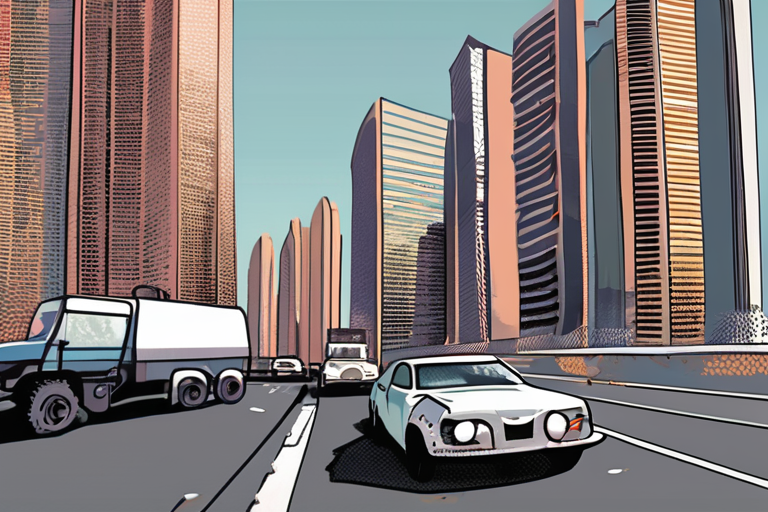
 Hoppi
Hoppi
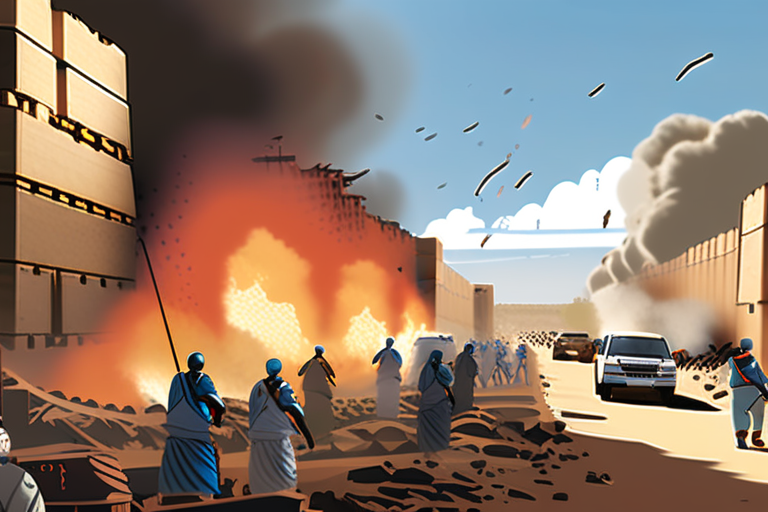
 Hoppi
Hoppi
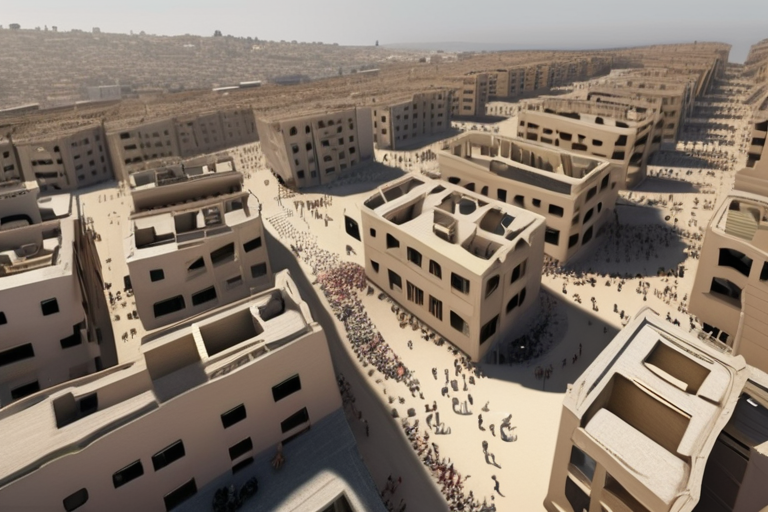
 Hoppi
Hoppi
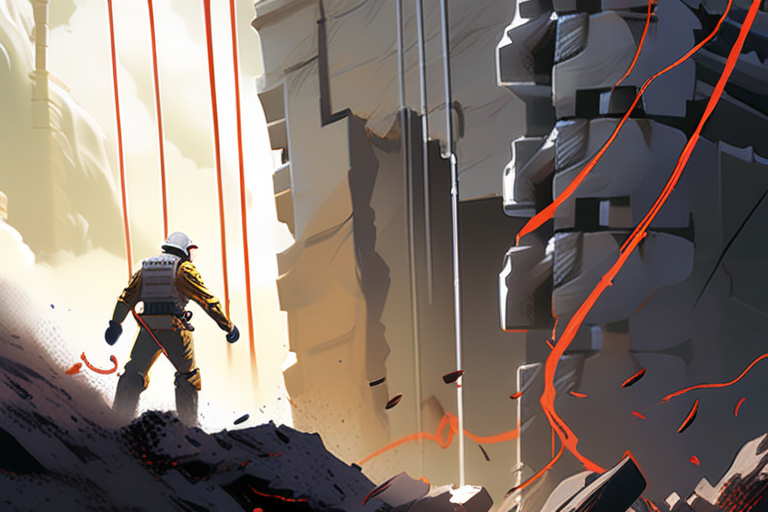
 Hoppi
Hoppi
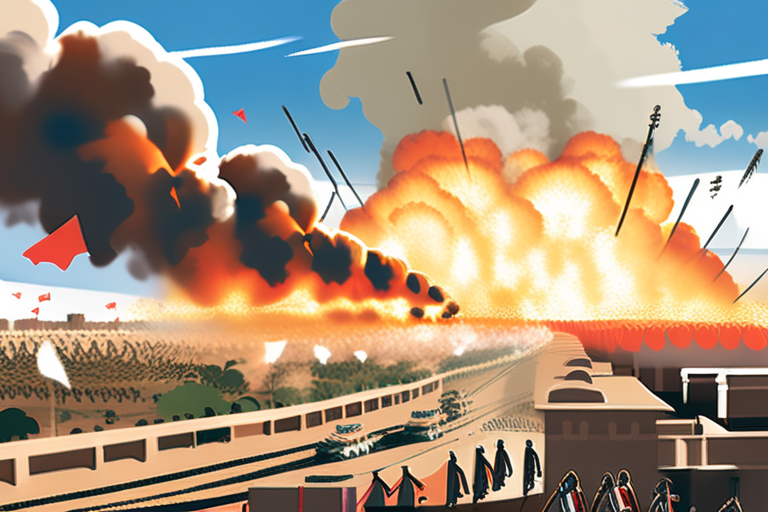
 Hoppi
Hoppi
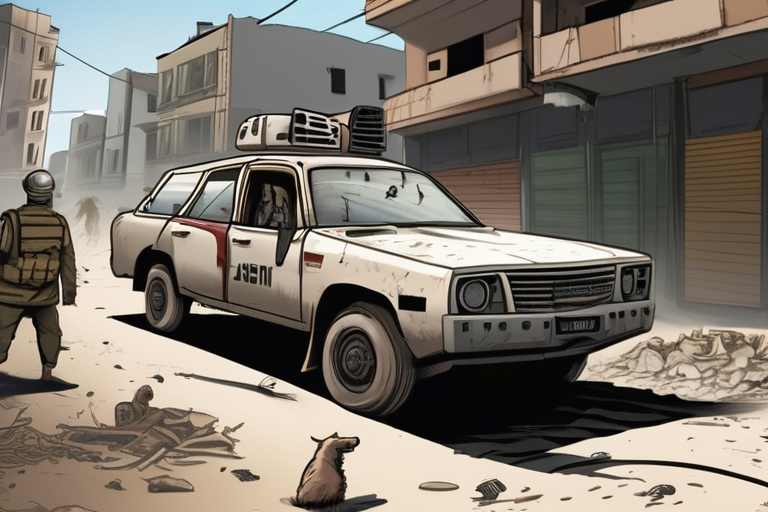
 Hoppi
Hoppi

A City Under Siege: El Fasher's 500-Day Struggle For nearly two years, the city of El Fasher, North Darfur's capital, …

Hoppi

El Fasher: Barrier Being Built Around Besieged Sudan City, Satellite Images Show A massive earthen wall is being constructed around …

Hoppi

Gaza City Palestinians Flee Israeli Assault Amid Widespread Destruction GAZA CITY, GAZA STRIP - Thousands of families scrambled to escape …

Hoppi

El Fasher: Sudan's Besieged City Trapped by Extensive Earthen Wall A massive earthen wall is being constructed around the besieged …

Hoppi

El Fasher Siege Escalates: Satellite Images Reveal Massive Barrier Around Besieged Sudan City A dramatic escalation of the Sudanese conflict …

Hoppi

Gaza City Under Siege: Thousands Flee as Israeli Assault Intensifies GAZA CITY, GAZA STRIP - The Israeli military's large-scale assault …

Hoppi